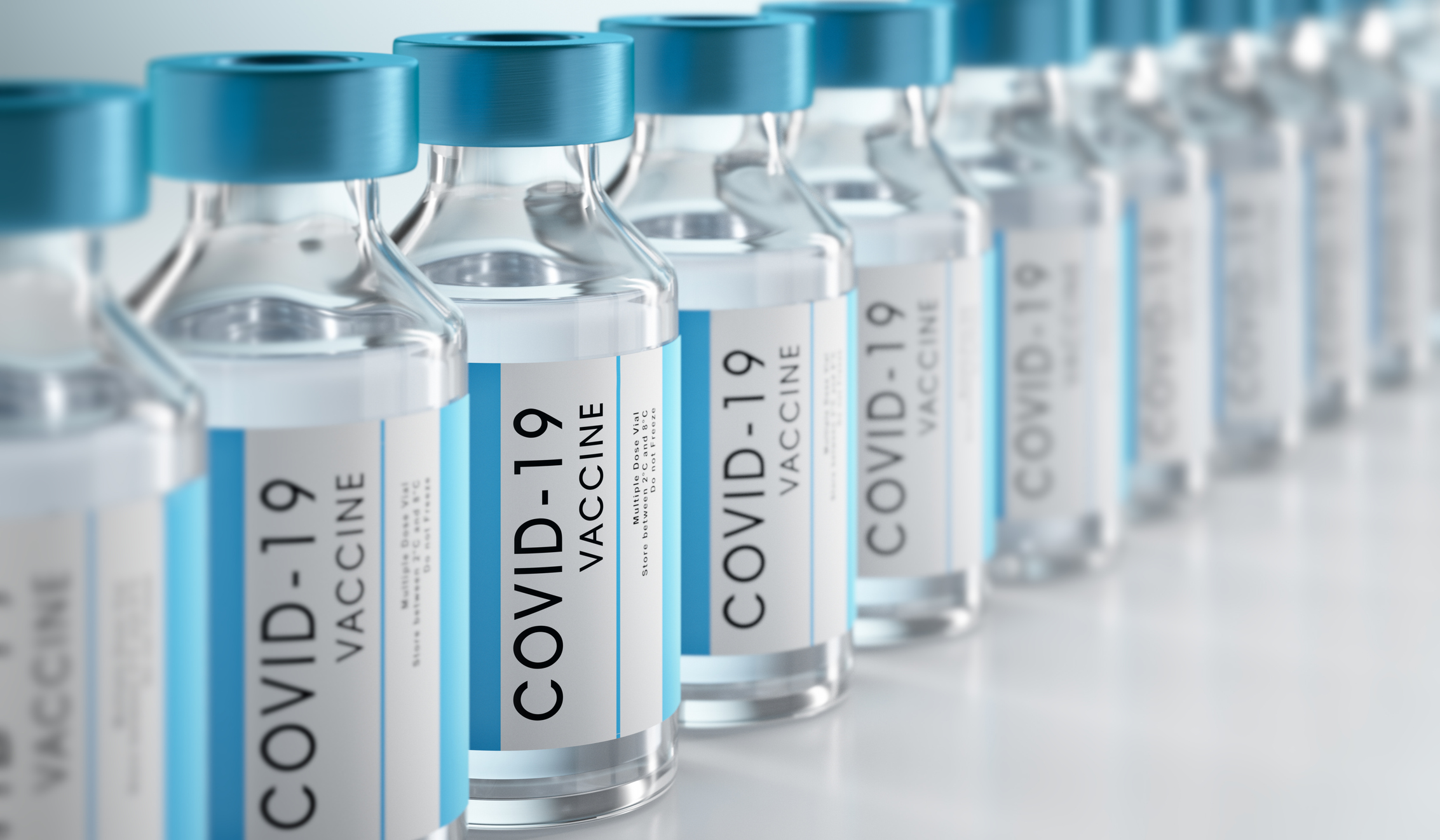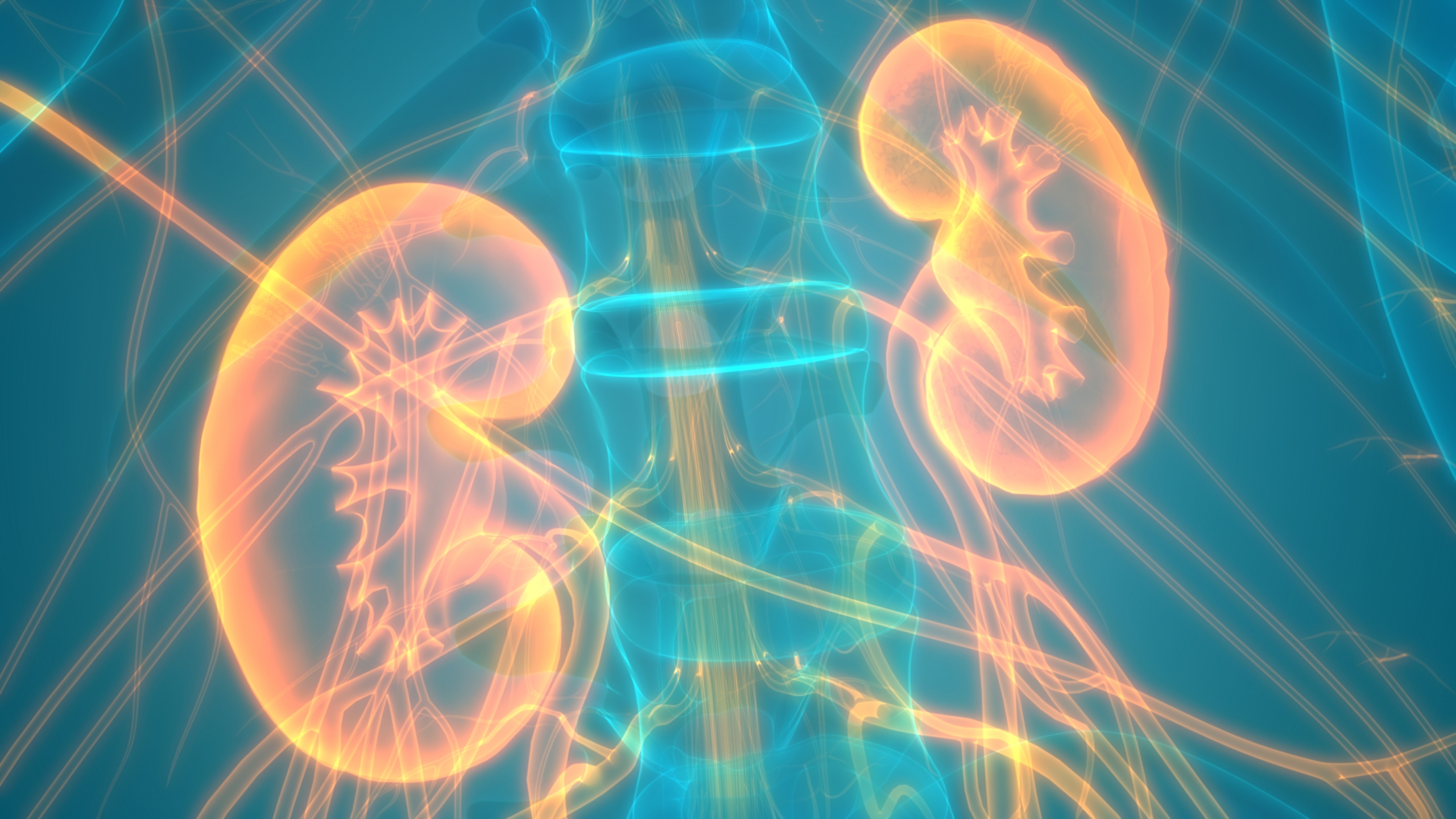Ask Your Nephrologist: What is happening to my skin and nails?
Keith A. Bellovich, DO There is a broad range of skin manifestations when having to depend on dialysis. Skin disorders can affect a patient's quality of life and can negatively impact their mental and physical health. Itching (uremic pruritus) is by far the most common complaint that patients suffer. But dry skin (xerosis cutis) and skin discoloration are also common complaints in patient with severe loss of kidney function. Dry skin is caused by reduction in the size of sweat glands and atrophy of sebaceous or oil producing glands. Dry skin increases the susceptibility to infections and this is aggravated by [...]










